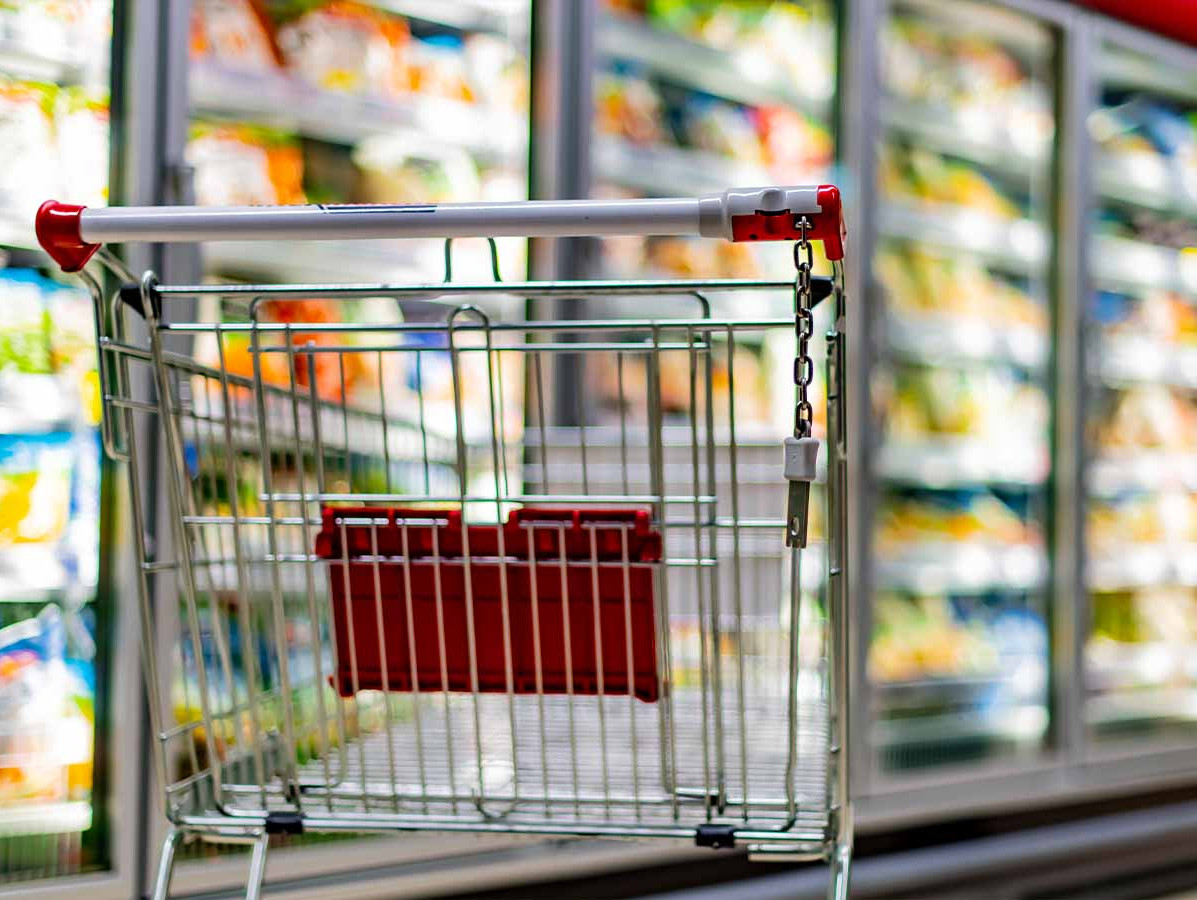
Ultra-processed foods are a fundamental part of the modern diet, yet many Dutch people remain unaware of what this actually entails. Recent research by Motivaction reveals that only 5% of the Dutch population truly understands what ultra-processed foods are. These products, often altered to extend shelf life or enhance flavor, are widely available on supermarket shelves. While sodas, ready meals, and snacks are commonly recognized as ultra-processed, other products like margarine, fish sticks, and fruit yogurt also fall into this category.
Despite growing awareness of healthy eating, many Dutch consumers continue to opt for convenient and tasty foods. For 39% of consumers, health is a secondary concern. Ultra-processed foods often contain high levels of fat, sugar, and salt, a combination that many find hard to resist. While these products are easily accessible and quick to prepare, they often lack the necessary nutrients to keep one feeling full, which can lead to overeating. The ease with which ultra-processed foods can be purchased and consumed aligns closely with the trend of spending less time on cooking.
There is a significant variation in knowledge about ultra-processed foods among Dutch consumers. According to Motivaction’s shopper model, which categorizes consumers into different groups, it appears that more traditional groups are less informed about the risks associated with ultra-processed foods. Only 7% of “safe shoppers”—the largest group within the model—are aware of what ultra-processed foods are, compared to 35% among the environmentally conscious “responsible shoppers.” This disparity in knowledge highlights the need to tailor food education and health policies to different consumer groups, with a particular focus on those who are more influenced by financial incentives and convenience.
Source: Motivaction